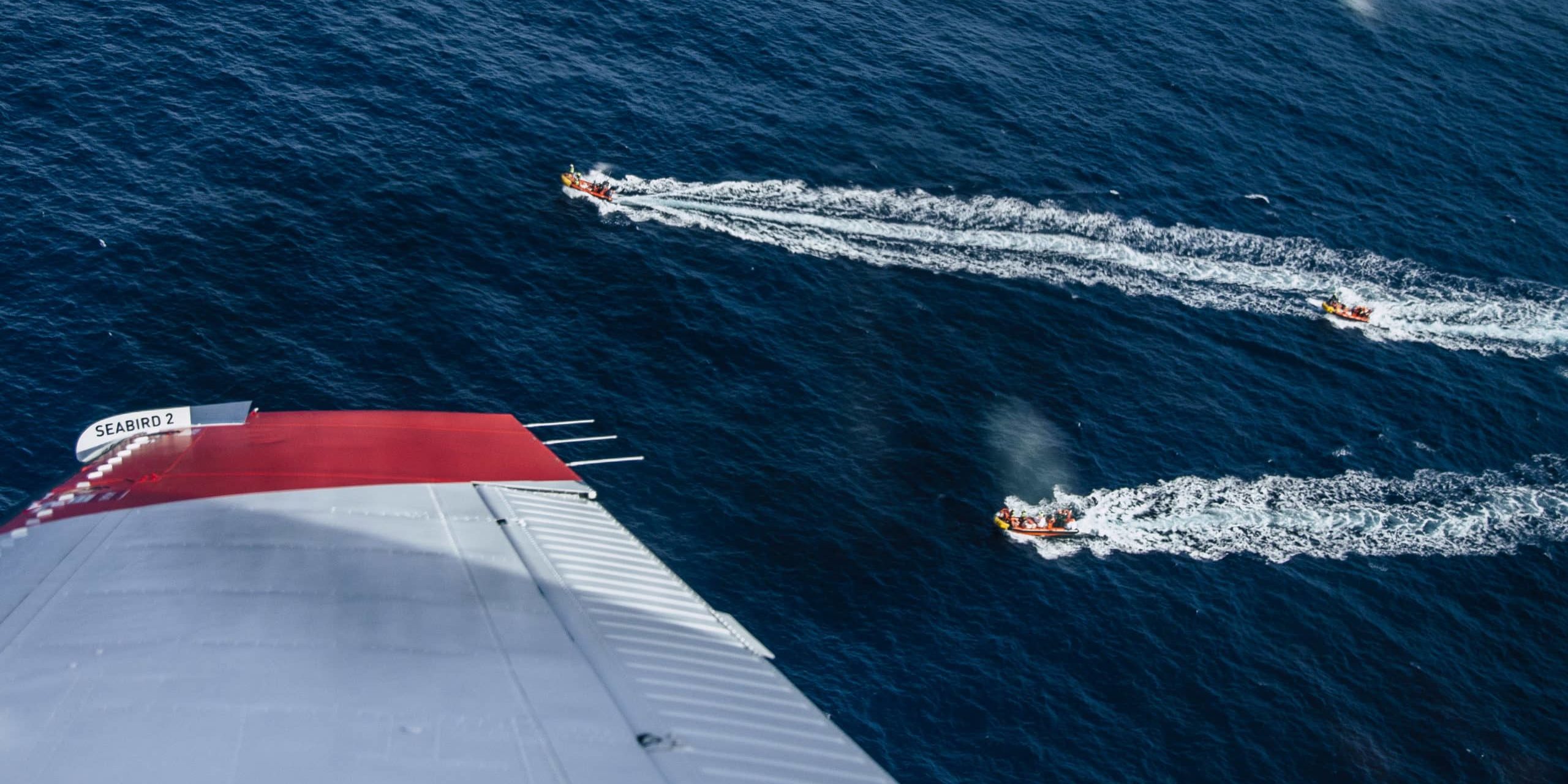Emily is Head of Operations at Airborne. Together with her team, she has spent the last few months pulling out all the stops to be able to fly into the Libyan SAR zone again – with success! The Libyan Civil Aviation Authority had previously demanded a far-fetched entry permit.
You are Head of Operations at Airborne. What does that mean?
As Head of Operations, we are responsible for the operational management of our reconnaissance flights. We are responsible for coordination from the ground during the missions. Together with the aircrew, we also take care of the pre- and post-processing of every sighted boat and situation we observe.
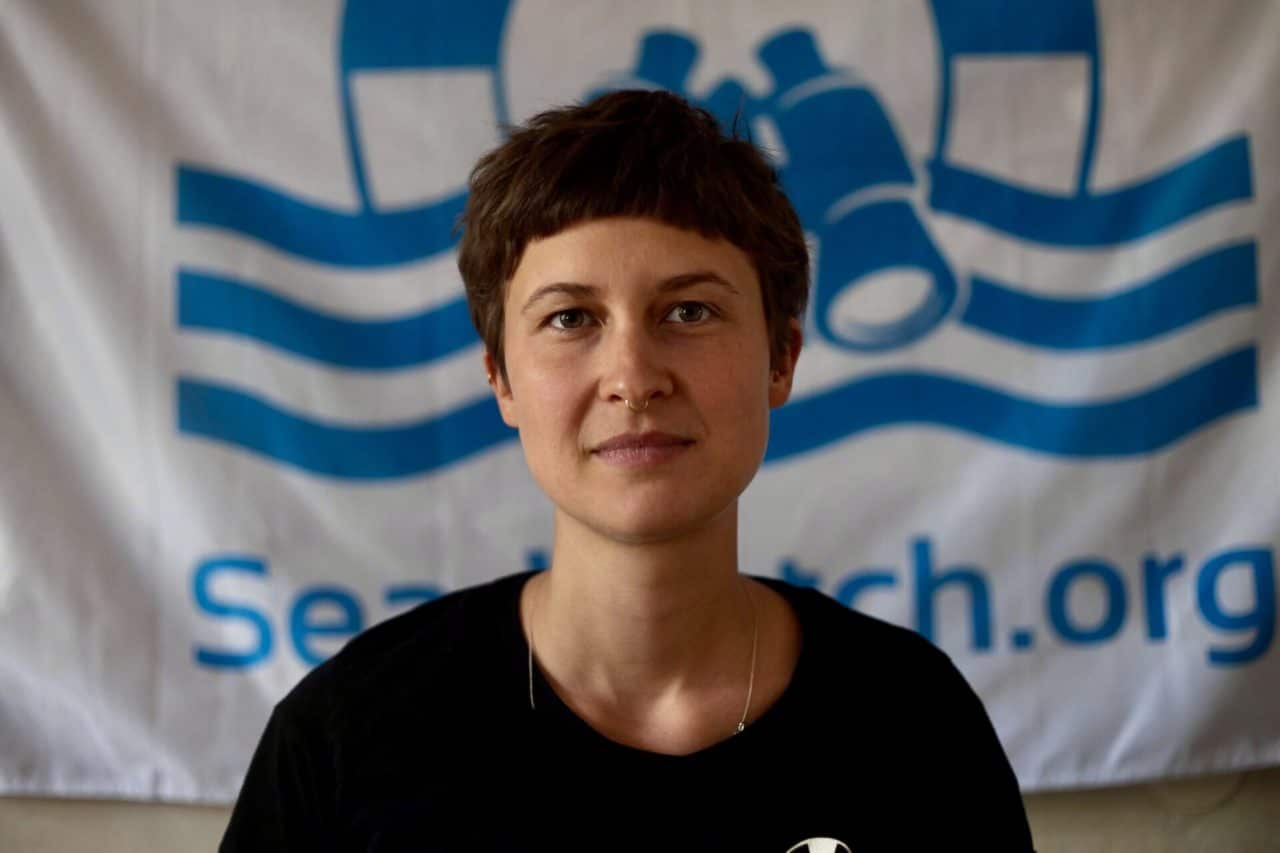
In the last ten months, our main focus has been to be able to fly into the Libyan SAR zone again. We have been working intensively on this with our partner organisation, the Humanitarian Pilots Initiative.
What kept you from flying into the Libyan SAR zone for so long?
Since 2017, we have flown hundreds of missions over the Libyan SAR zone. Until March 5th, 2022. On that day, we took off, heading south, as usual. We were about to enter the Libyan SAR zone. Then a Libyan air traffic controller told us over the radio that we needed permission to do so. We knew from the start that there was something fishy going on – after all, the Libyan SAR zone is international airspace and far away from Libyan territory. A nation-state cannot simply demand permission to enter international airspace.
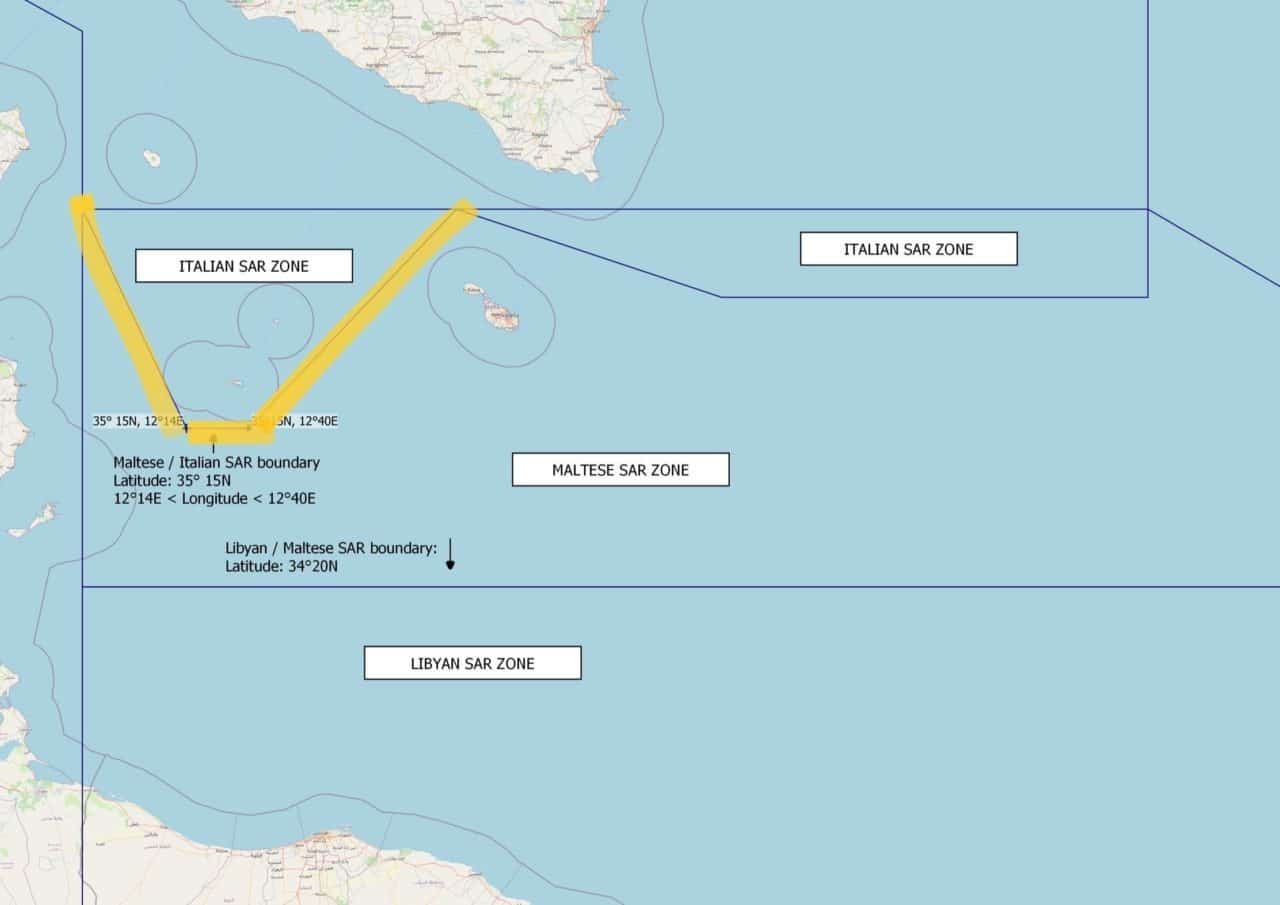
Nevertheless, we could not ignore the Libyan authorities’ request for the time being. The potential legal consequences for our crew and our pilots were completely unclear at first. People who show solidarity with refugees and help them are brought before the courts all over Europe. That’s why we had to be cautious at first. We tried to shed light on this very complex matter in various ways. However, as we know, the mills of the authorities grind very slowly. It took several months before we received confirmation from the relevant authorities that we did not need permission to fly in the Libyan SAR zone. Among others, this was also confirmed to us by the Scientific Service of the German Bundestag.
Last week you were able to fly into the Libyan SAR zone for the first time since March 2022.
Yes, on January, 24th, we were able to fly in again for the first time without any problems! That definitely took a lot of tension off all of us! Since then, we have been able to fly two more missions. The first flight and the following ones were very eventful: We were able to sight several boats in distress. Some of them were intercepted by the so-called Libyan coast guard and taken back to Libya, but there were also three rescues by civilian sea rescue organisations.
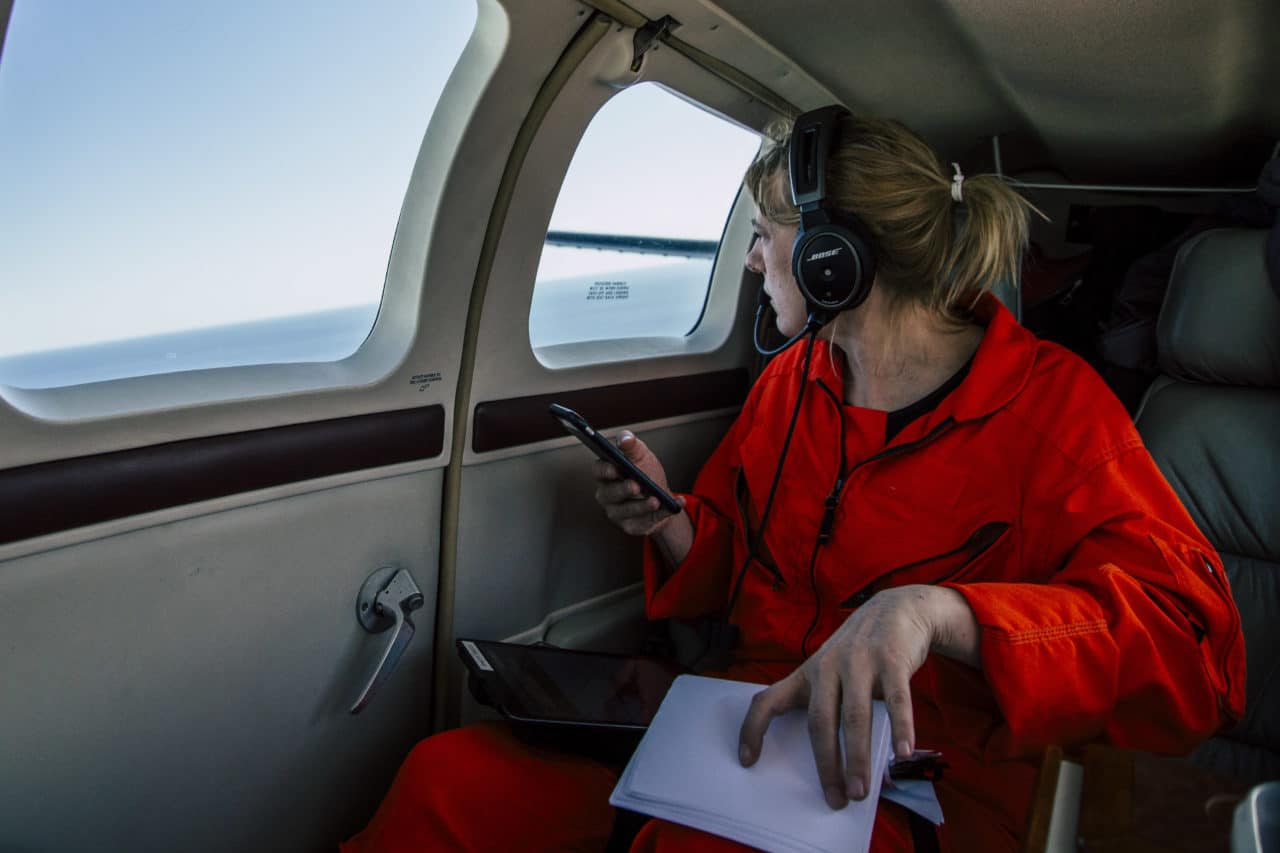
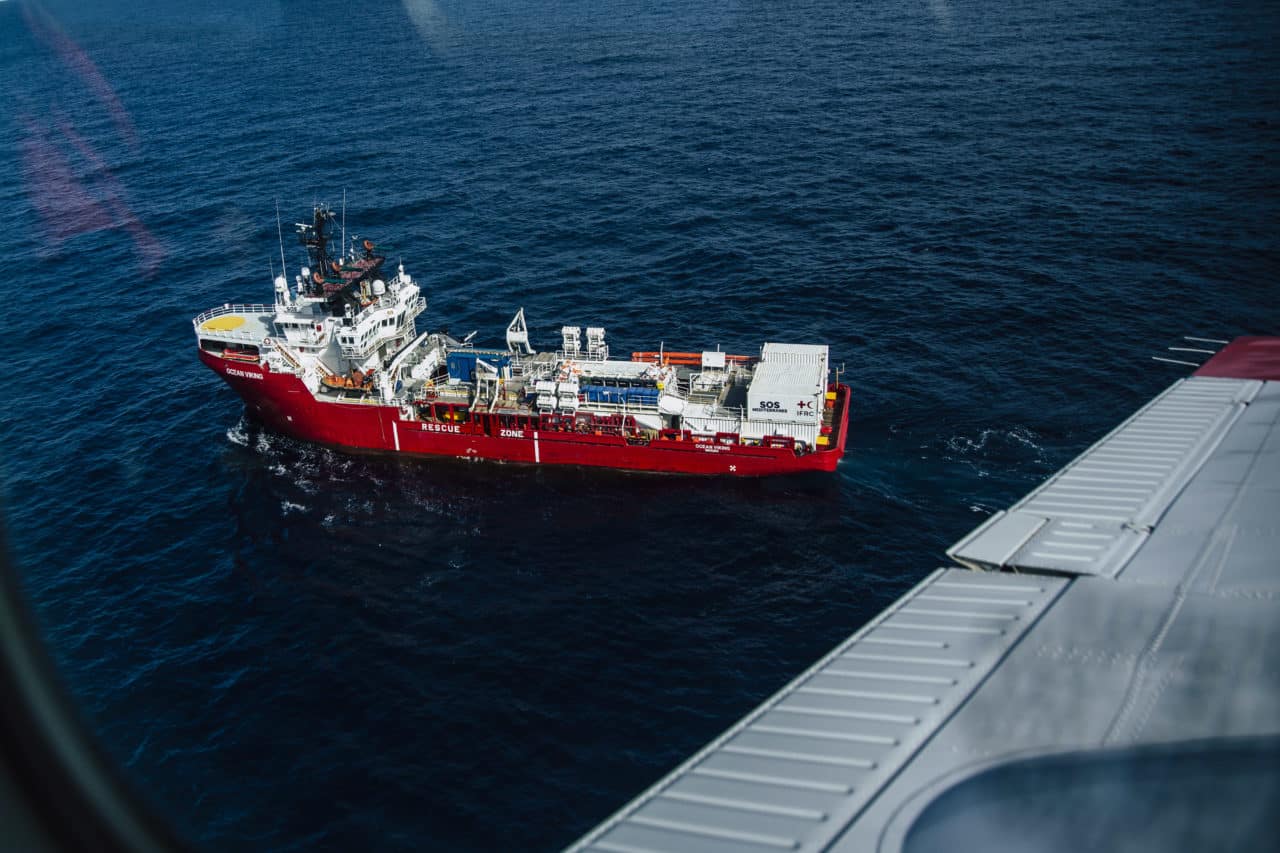
What has the blockade meant for the situation in the Mediterranean in recent months?
Civilian aerial reconnaissance is an integral part of our response to the EU willingly letting people die in the central Mediterranean. In addition to rescuing people at sea, we also see it as our task to document human rights violations and bring them to public attention. We want to shake things up and put pressure on the responsible authorities and political actors to refrain from their unlawful actions. Frontex, the so-called Libyan Coast Guard and Libyan militias should know that civil society is watching them closely from the plane.
This blockade was never about a lack of authorisation, but an attempt to stop us from doing this very work. In 2022, over 1300 people drowned on the central Mediterranean route. Over 25,000 people were intercepted by the so-called Libyan Coast Guard and taken back to Libya. Because of the 10-month blockade of our air reconnaissance mission, most of these human rights violations remained unseen, undocumented and thus without political consequences.
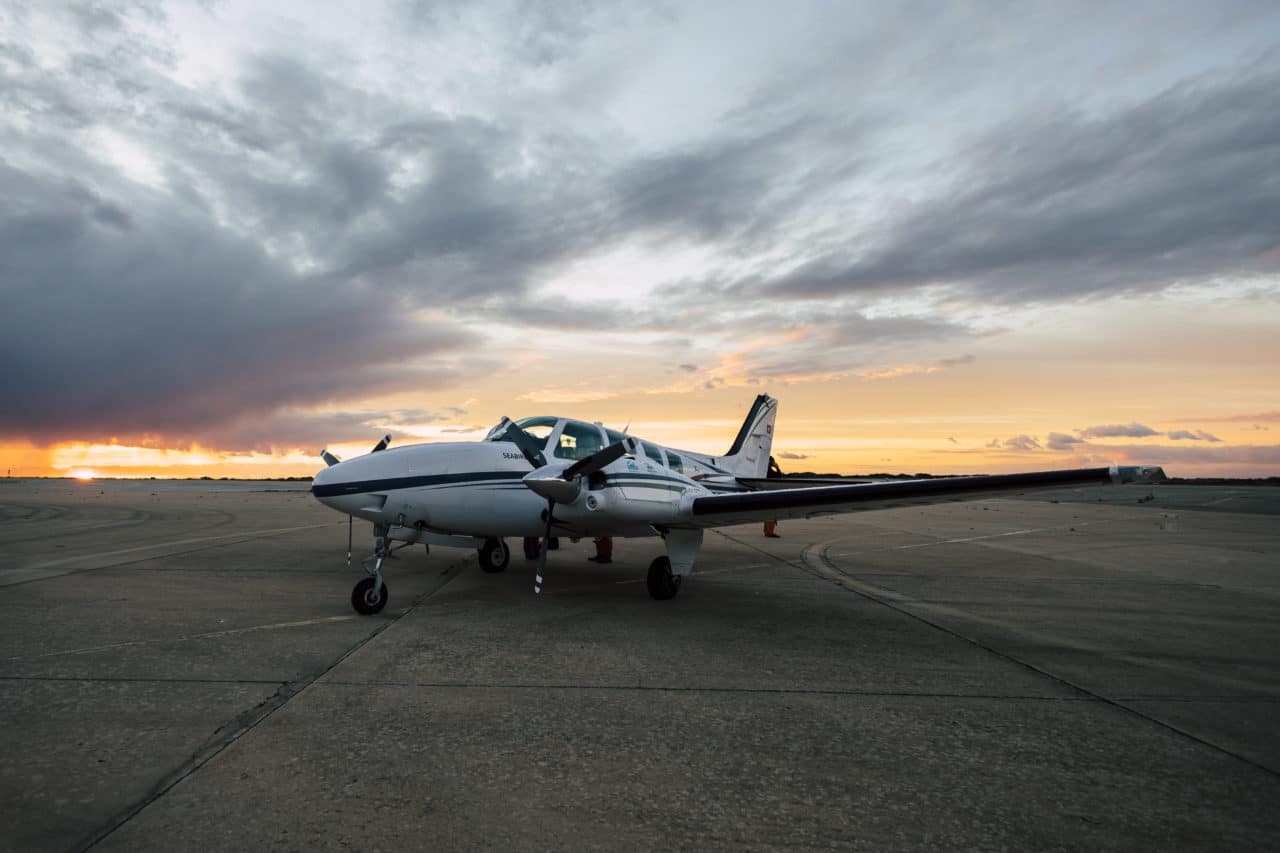
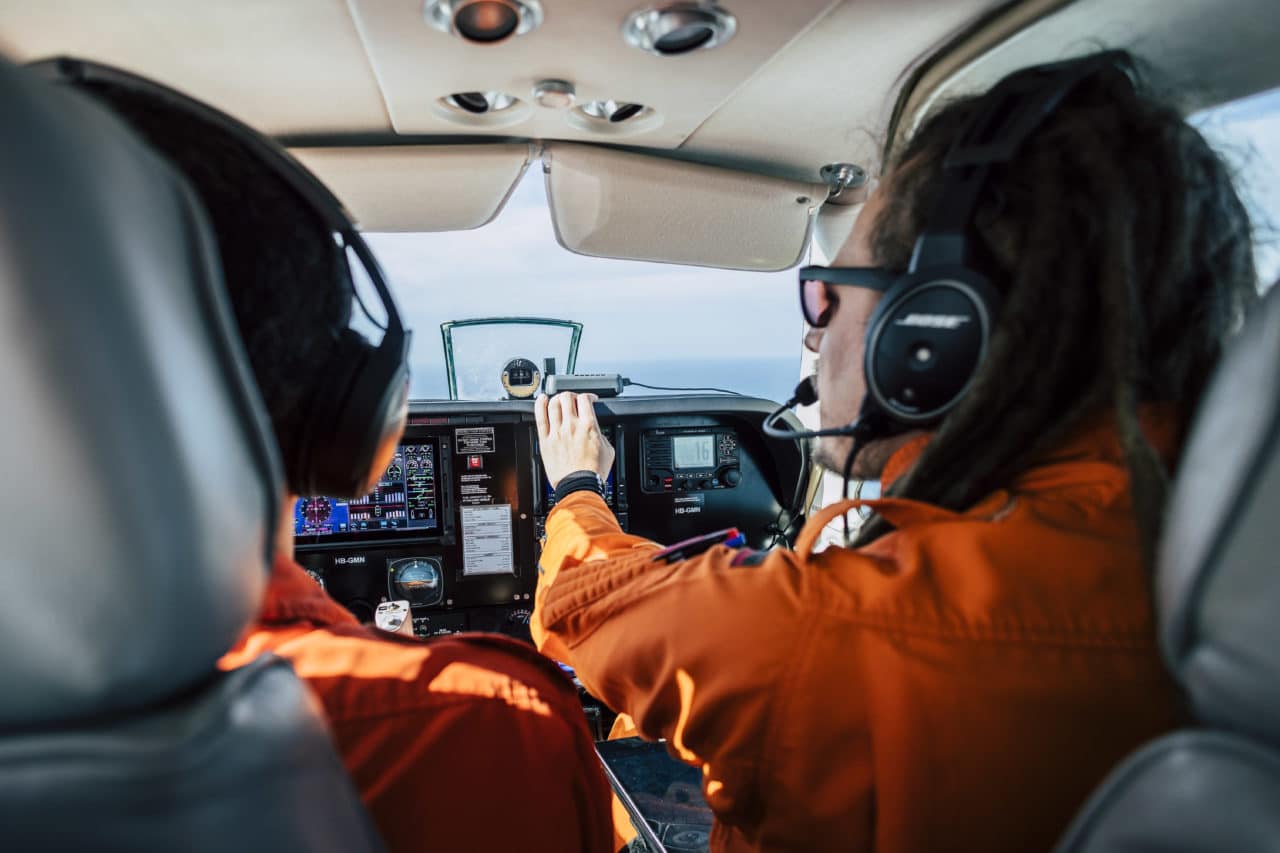
How certain are we that we will be able to do our work undisturbed from now on?
That is a question that neither I nor anyone else can answer. The last few years have shown that every situation in this context is fragile and the situation can change from day to day. In many ways, we are dependent on the very countries that would actually prefer to see us far away and certainly not in the air. Every day that we can fly makes me happy!
Especially after the last 10 months, the longest enforced break we have ever had with our air reconnaissance mission, I am still very cautious with my optimism. But again, we have shown that it is worth not giving up! We will always come back to be the civil eye where the rest of the EU has long looked the other way!





